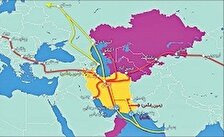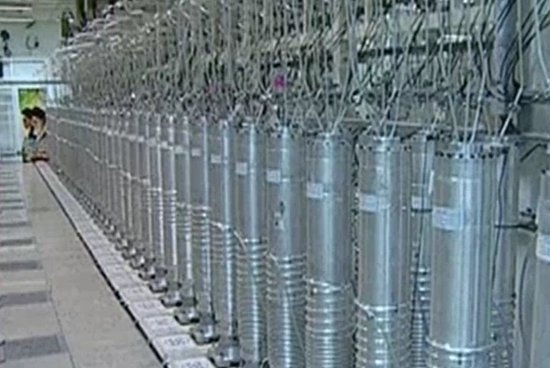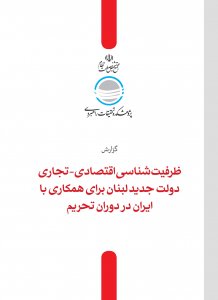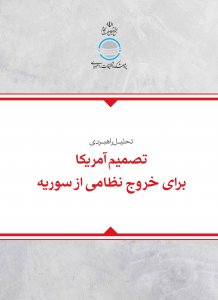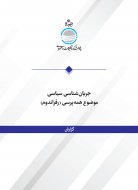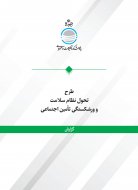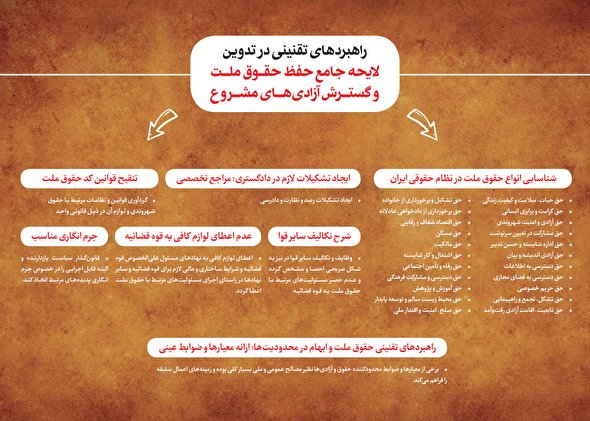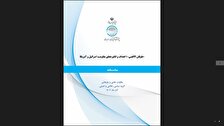
Do Energy Demand Management Policies Affect Energy Consumption? Evidence from Nonlinear and Structural Break Tests
The main objective of this study is to answer this important and
basic question whether demand management policies can affect
the energy consumption in Iran economy or not? Energy
consumption management policies will be effective only if the
energy consumption time series contains a unit root or in other
words if it is nonstationary. When the energy consumption
variable is stationary the effect of shocks to the variable will be
temporary and vanish after a few periods. In this regard, we can
answer the main question of this study using the unit root tests.
The main problem with conventional unit root tests like ADF, …
is that when there is a structural break or nonlinearities like
asymmetric adjustment in the underlying series these tests can
result in incorrect results. Consequently, in this paper instead of
conventional tests like ADF we have used three alternative tests
including Zivot and Andrews (1992), Lee and Strazicich (2003)
and Kapetanios et al. (2003). The first two, incorporate structural
break in unit root test and the latter assumes nonlinear
exponential smooth transition autoregressive (ESTAR) process as
an alternative in the unit root test. In this paper we have used
annual data for per capita energy consumption (in Residential,
Industry, Transportation, Agriculture sectors and overall
economy) over the 1967-2016 period. The results show that the
energy consumption in Residential sector is stationary which
means that the energy consumption management policies have no permanent effect on energy consumption in this sector. On the
other hand, based on ZA, LS and ESTAR test results, the energy
consumption in the Industry, Transportation, Agriculture sectors
and overall economy are all nonstationary and shocks to energy
consumption have longrun and permanent effect in these sectors.


تحول در اولویتهای راهبردی سیاست خارجی ایران برای دستیابی به توسعه در دهه جدید

بررسی محدودیت ماهیانه بانک مرکزی بر روی ترازنامه بانکهای کشور

بایستهها و ضرورتهای تحقق دولت تنظیمگر

جذب سرمایه خارجی جهت توسعه صنعت نیمه هادی در کشور

تبیین پنجاه سال روابط دیپلماتیک ایران و چین

ابزار مذاکره در دکترین سیاسی و امنیتی آمریکا

از بازدارندگی سنتی تا تابآوری هوشمند: بازآرایی سیاستهای پدافند غیرعامل در مواجهه با تهدیدات همهجانبه

غذا، استقلال و امنیت ملی؛ بازخوانی امنیت غذایی پیش و پس از انقلاب اسلامی

ترسیم چشمانداز آینده جمهوری اسلامی ایران؛ ضرورت تقویت مشارکت ملی برای ساختن رویای تمدنی
